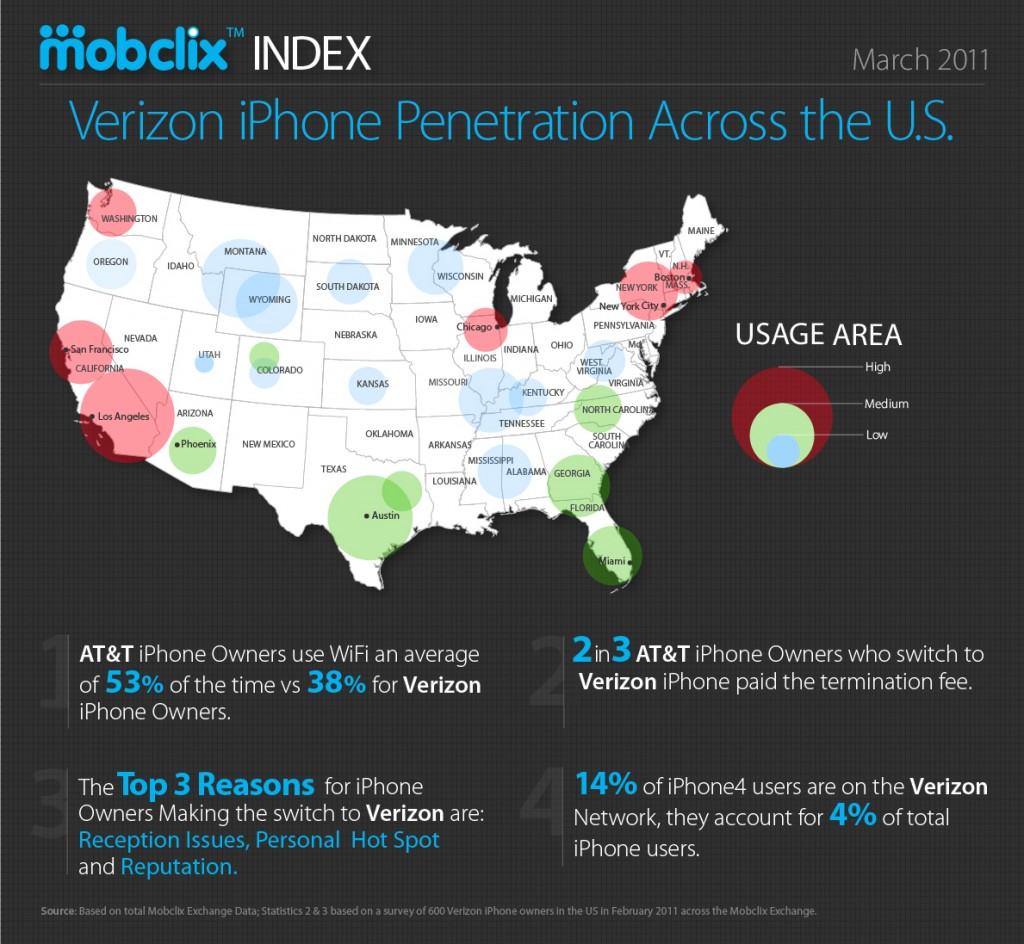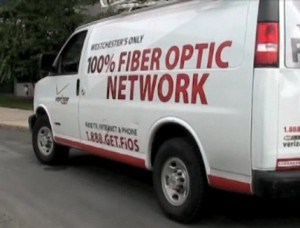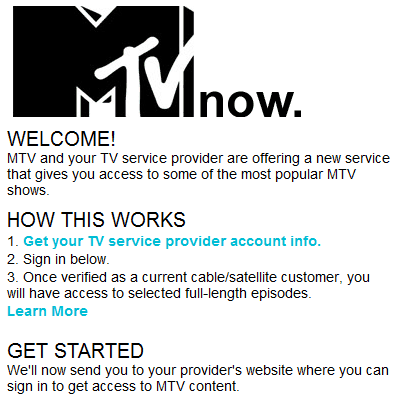 Verizon Wireless wins bragging rights this month as a new study shows fleeing iPhone owners on AT&T’s network were willing to put up money just to get out of their contracts and switch to Verizon. Two of every three departing customers paid AT&T up to $300 to break-up with the carrier and bought new iPhones that work on Verizon’s network.
Verizon Wireless wins bragging rights this month as a new study shows fleeing iPhone owners on AT&T’s network were willing to put up money just to get out of their contracts and switch to Verizon. Two of every three departing customers paid AT&T up to $300 to break-up with the carrier and bought new iPhones that work on Verizon’s network.
The study, produced by Mobclix, found reception on AT&T’s network was by far the biggest issue cited by exiting customers, followed by Verizon’s offer of a personal hotspot add-on, and the perception Verizon runs a more robust network.
Mobclix found Verizon’s newest customers may have a point about who runs the stronger network. Many AT&T customers are accustomed to relying on the company’s broadening Wi-Fi network to cope with 3G reception woes. At least 53 percent of AT&T customers rely on Wi-Fi regularly for data connectivity. On Verizon’s network, just 38 percent do.
But predictions of a stampede away from AT&T to Verizon have turned out not to be true, either. Just 14 percent of America’s iPhone owners are on Verizon’s network. AT&T serves the rest.
Analysts suspect the reason for this is that AT&T’s worst problems are in certain major metropolitan areas, but the carrier does respectably well providing service in many smaller and medium-sized cities.
Mobclix produced a map which may bear this out. It shows the largest concentration of Verizon iPhone owners in the cities that are routinely cited as problem areas for AT&T: San Francisco, New York, Seattle, Chicago, Boston, and Los Angeles.
“Based on our survey findings today, it’s clear that consumers are taking control of their mobile destinies by evaluating carrier criteria such as Wi-Fi usage, reception issues and reputation as part of their decision to remain with their carrier or make a switch,” said Krishna Subramanian, Mobclix co-founder.


 Subscribe
Subscribe





